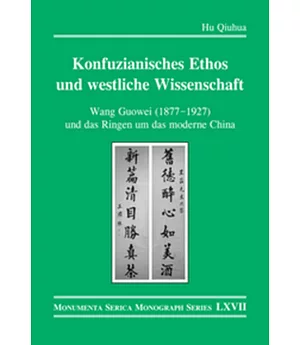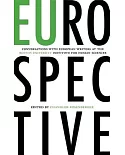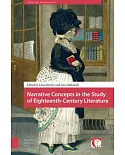This study in German offers profound insights into the life and thoughts of Wang Guowei (1877-1927). Like many intellectuals who strongly perceived the necessity of reforms in the waning years
of the Late Qing dynasty, i.e. after the Opium wars, Wang sought to strengthen China’s position amongst against foreign, in particular Western, powers. Contrary to earlier approaches, which
either advocated a close adherence to Confucian traditions or tried to adapt only elements of Western material culture, mainly industrial and military technology, Wang Guowei aimed at reviving
traditional Chinese culture by analysing its source texts using a modern scientific approach (and thereby started the discipline of guoxue [national studies]) and simultaneously adapting
compatible elements of Western immaterial culture. Thus, Wang became known as an authority on Chinese paleography as well as on German philosophy, especially Kantian epistomology.





















